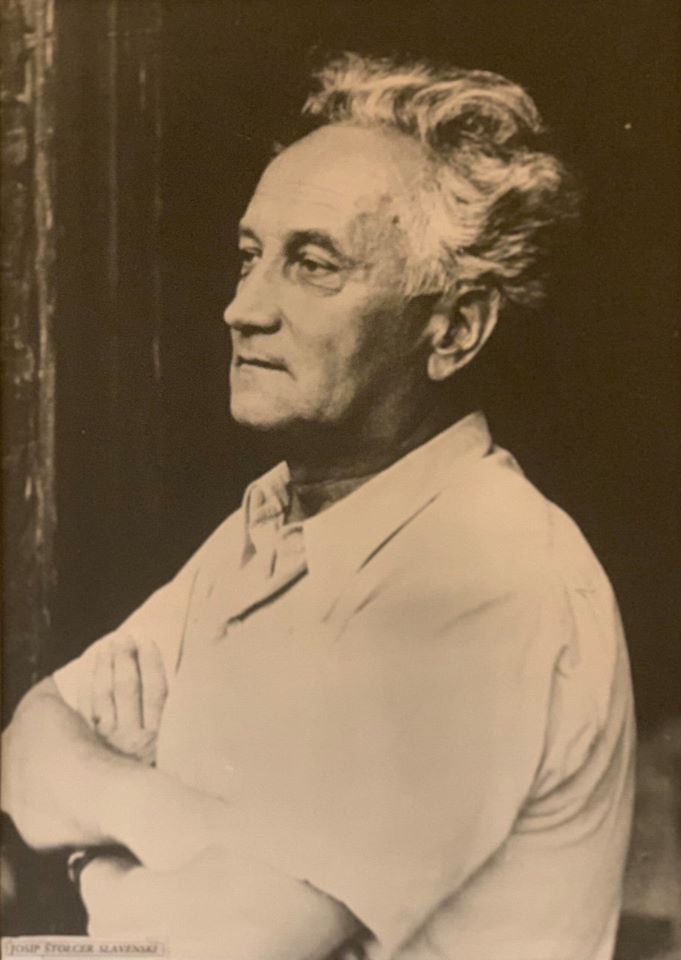On Thursday, December 8 at 7:00 p.m., in the Josip Slavenski Legacy, music theorist Mirko Jeremić will hold a lecture and presentation on (Non)care of Serbian art music – problems and challenges faced by the musical legacies of Serbian composers.
BrigaOSrpskojUmetnickojMuzici.jpg)
This lecture symbolically takes place on December 8th, when the Memorial Music Room of the Legacy of Josip Slavenski was officially opened on the then Square of Marx and Engels, and today’s Nikola Pašić Square, on the fifth floor of building number 1. The largest part of the legacy of this Yugoslav composer was then officially entrusted to the care and custody of the Organization of Music Authors of Serbia – Sokoj, which for 70 years has represented the rights of authors of music, lyrics, arrangements of music and other holders of copyright over musical works of all genres with and without words.
What adorns this legacy and attracts attention is the preserved study room of the composer, which, thanks to the efforts of the composer’s family, was moved from Svetosavska street number 33, where the composer lived and worked until his death in 1955. In the room where Slavenski’s personal belongings are located, as well as rich correspondence with the most important people of that time, such as Ljubica Marić, Miloj Milojević, Petar Stojanović, Stevan Hristić and many others, the Music Information Center – MIC performed its activities for a while, and within this last year, this area came to life again thanks to Sokoj’s commitment and investment. With the aim of preserving the tradition, the richness of our national musical cultural heritage, Sokoj made it possible for chamber and solo music programs to be held in the Legacy concert hall, in addition to the memorial room, which is open for visits and available for researching the legacy of this great Yugoslav composer. They nurture Serbian music in the repertoire, but also promote sheet music and music releases.

According to Mirko Jeremić, we learn that “Serbian artistic music has one serious shortcoming, which has turned into a pressing problem, which concerns the unavailability of musical material. For a large percentage of the musical works of those Serbian composers who are not alive, either it is not known where the sheet music is or the scores are in such bad condition that it is impossible to perform music from them. A huge part of the sheet music is found in the basements and closets of the composer’s heirs, in the warehouses of music schools, and in various places around the world. Some scores mysteriously disappeared even though they were kept in state institutions, and some were never found and collected. All this makes it difficult to see the legacy of Serbian music and Serbian composers, as well as their positioning in world music trends.”
The lecturer will present to visitors various cases of strange ways of losing scores and sheet music of Serbian composers. With the aim of showing the state of today’s Serbian music and the necessity of undertaking serious activities to find and preserve the works of Serbian composers, it will reveal new ideas, but also a preview of the current state of musical material.
You can find out more about the Legacy of Josip Slavenski at the link https://www.sokoj.rs/legat-slavenski/, as well as the calendar of events that is available at https://www.sokoj.rs/kalendar-dogadaja/
Author: Katarina Georgijević
Translation: Jelena Čolović
